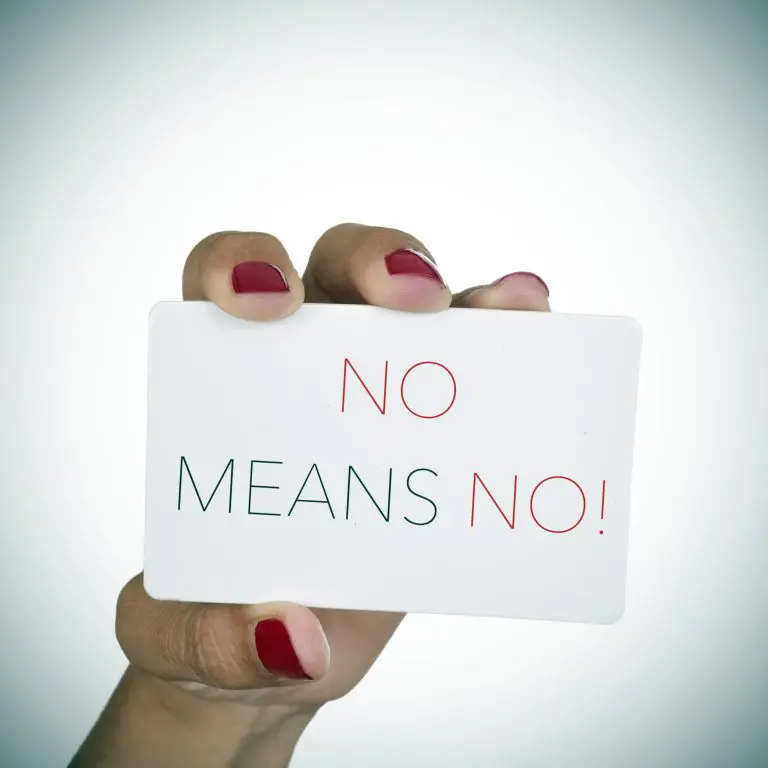SPEAK FOR YOURSELF AND HELP YOURSELF:
By Andrew Dósa – Criminal Defense Attorney in Alameda County California. Originally published in 2007 and reprinted with permission from Crimina Justice and America magazine
Up until now, you’ve been silent. You wanted to speak up, but someone else did the talking, explaining, arguing, and negotiating for you. Your attorney was your mouthpiece.
Now it’s your turn.

-
Attorneys.Media
-
@attorneys_media
-
linkedin
-
Digg
-
Newsvine
-
StumbleUpon
You’ve changed your plea and negotiated a deal. The sentencing hearing is a couple of weeks away. A probation officer is sitting in front of you. He is, like everybody else, overwhelmed with work: deadlines, stress, maybe a personal conflict with a spouse. What can you do for yourself? How can you leave a positive impression? Consider a few things and then plan your presentation.
The probation officer probably took the job to help, to have an impact. He wants you to have a “just” sentence. But being overworked and stressed, he doesn’t have the time to get to know you. He’s trying to keep up with all the interviews and report-writing deadlines. Maybe he’s become jaded and cynical. You need to get him on your side.
The probation officer wants to know that you understand your responsibility. He’s heard it all before and is not naive. He knows how to read people. Don’t make excuses. Take responsibility for your own life. Did you make bad choices about friends and associates? Don’t put all the blame on them, because nobody forced you to get into trouble — but you might argue that you made the mistake of following, rather than making the wiser decision of walking away. Admit your mistakes. Don’t try to sell a Kia and call it a Cadillac.
Be a straight shooter. Don’t lie. Briefly describe what happened, what led up to the incident, the arrest, your priors, whether you had failures to appear, your family and social history, your employment situation, and so on.
Remember that the probation officer already has the police report (which is tilted against you) and probably a complete history. Don’t tell a story that sounds like material for the National Enquirer. The interviewer can recognize a lie or exaggeration.


-
Attorneys.Media
-
@attorneys_media
-
linkedin
-
Digg
-
Newsvine
-
StumbleUpon
Remember that the judge reads, trusts, and relies on the probation officer’s pre-sentence report. That report may be “the single most important document at both the sentencing and correctional levels of the criminal process.” (1) This time with the probation officer really counts. Make the most of the interview.
Some counties have you complete a questionnaire. After reading your answers or listening to you, the probation officer will find aggravating factors (favoring a harsher sentence) or mitigating factors (favoring a lighter sentence). The probation officer will determine whether you are probation-eligible and recommend fines to be imposed and length of incarceration.
Honesty does not mean telling everything. You have to be wise, thoughtful, and careful. The less you say while saying everything you have to say is best. What does that mean? Is that even possible? Consider this rule: It’s easier to add words than subtract words. You can always say more later. Once you say something, you can’t “un-ring the bell.”
Your words are a double-edged sword: In some situations, your statements could boomerang back and be used against you later, or you could just say the wrong thing. Consider the client who hurt a five-year-old girl. The probation officer asked why he did it. He said he didn’t know. The probation officer thought he was lying. The defendant may not have fully known, but he was unwilling to really look at himself and his conduct. He could have said he needed help to deal with his insecurities and desires to control or hurt a child. That would have been better, and honest.
Don’t even consider being uncooperative during the interview. Silence, lying, denials, game playing or a less than humble attitude will always work against you: They will be emphasized by your interviewer in the pre-sentence report. Lack of cooperation might undermine your deal and persuade the court to give you a stiffer sentence. Remember you
will do more good by working with the probation officer. Remember that you’re actually working for yourself.


-
Attorneys.Media
-
@attorneys_media
-
linkedin
-
Digg
-
Newsvine
-
StumbleUpon
Get your attorney’s help. You need to be prepared for the interview. Perhaps this article will help. But you should ask your attorney for guidance. Meet with your attorney, if possible. At a minimum, ask your attorney to write to the probation officer to support you.
Finally, let’s emphasize one of the key points. It may be the most difficult part of this interview for you. But the hard part might be the simplest thing:
Take responsibility for what you did. You want to persuade the interviewer you understand right from wrong. Someone taught you the difference between good and bad, right and wrong. Say that you did not honor those who taught you those lessons. Did you give in to temptation? Acknowledge it. Did you let a friend or associate talk you into it? Admit you were not strong. If you were angry, agree that you lost your cool. If you were drunk or under the influence, say you cannot let your drink or stash control you. Admit it and recognize you might need therapy or treatment. You messed up.
Everybody does. But learn the lessons.


-
Attorneys.Media
-
@attorneys_media
-
linkedin
-
Digg
-
Newsvine
-
StumbleUpon
Go into the interview having counted the cost of your conduct. Look at what you are missing. You won’t see your lover anytime soon. Your son or daughter is growing up. Do you want to miss that first smile or first step? Do you think your girlfriend will wait forever? Who are the people you’ll miss while you are inside? Mention who you have hurt and who will suffer while you are away. Tell the officer you know you have let down the people depending on you. Identify the lesson you have learned and tell the probation officer. If your friends and associates led you astray, say you want to choose better friends and be a better friend, and you want to live a better life. Identify your obstacles and what you intend to do to unlearn bad habits and develop good ones.
You have already changed your plea: Don’t destroy your credibility with a flip-flop and foolish pride and deny your role in the crime. Maybe you didn’t even do this particular crime you’re admitting to. Putting aside why you changed your plea, you still have a very good reason to impress the probation officer. He can recommend that the sentencing judge affirm your deal. At this stage of the battle, you want to lock in the peace treaty. Close the deal, warts and all. It is better than the alternatives.
With those suggestions to get you thinking, remember how much you can help yourself during the interview. The probation officer may not know what to think of you before he meets you. But you can influence his final conclusions about you. You have credibility. Use it. Be honest, straight forward, and real. If you play the denial-of-guilt card, and the evidence against you is compelling, the probation officer will call your bluff. That will be your only card. The probation officer, prosecutor and judge have the other 51 cards.
It’s your turn to be your own advocate. Nobody will speak for you. Make the most of it.
(1) 5 LaFave, Criminal Procedure §§ 26.5(b), at 788 [2d ed], quoting Fennell & Hall, Due Process at Sentencing: An Empirical and Legal Analysis of the Disclosure of Presentence Reports in Federal Courts, 93 Harv L Rev 1613 [1980

















